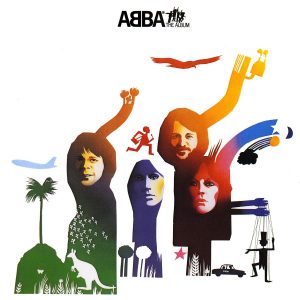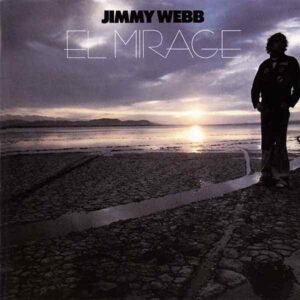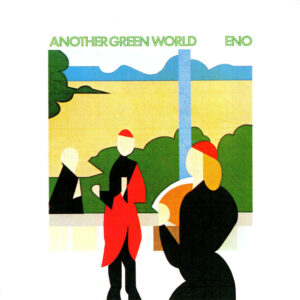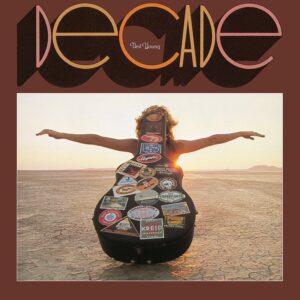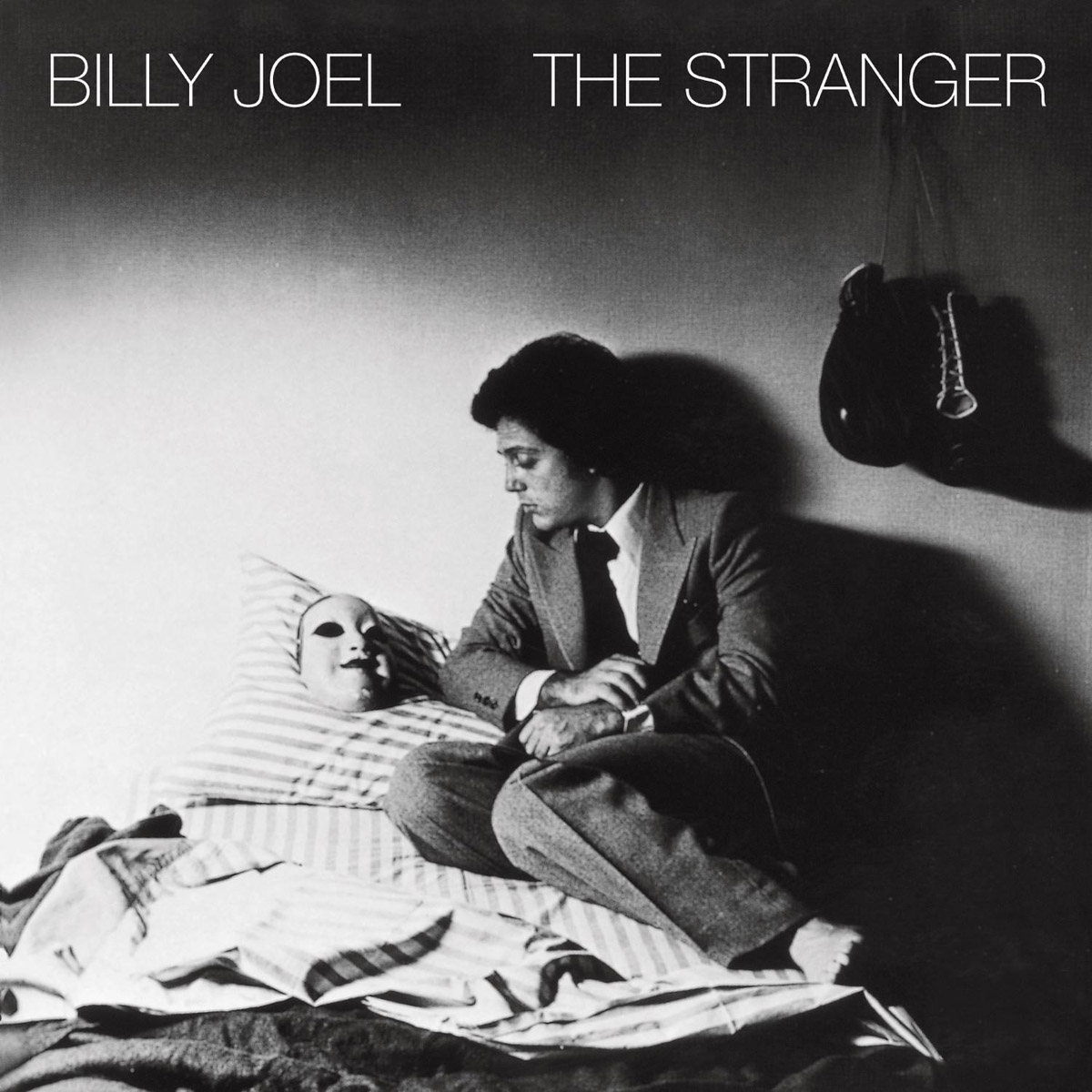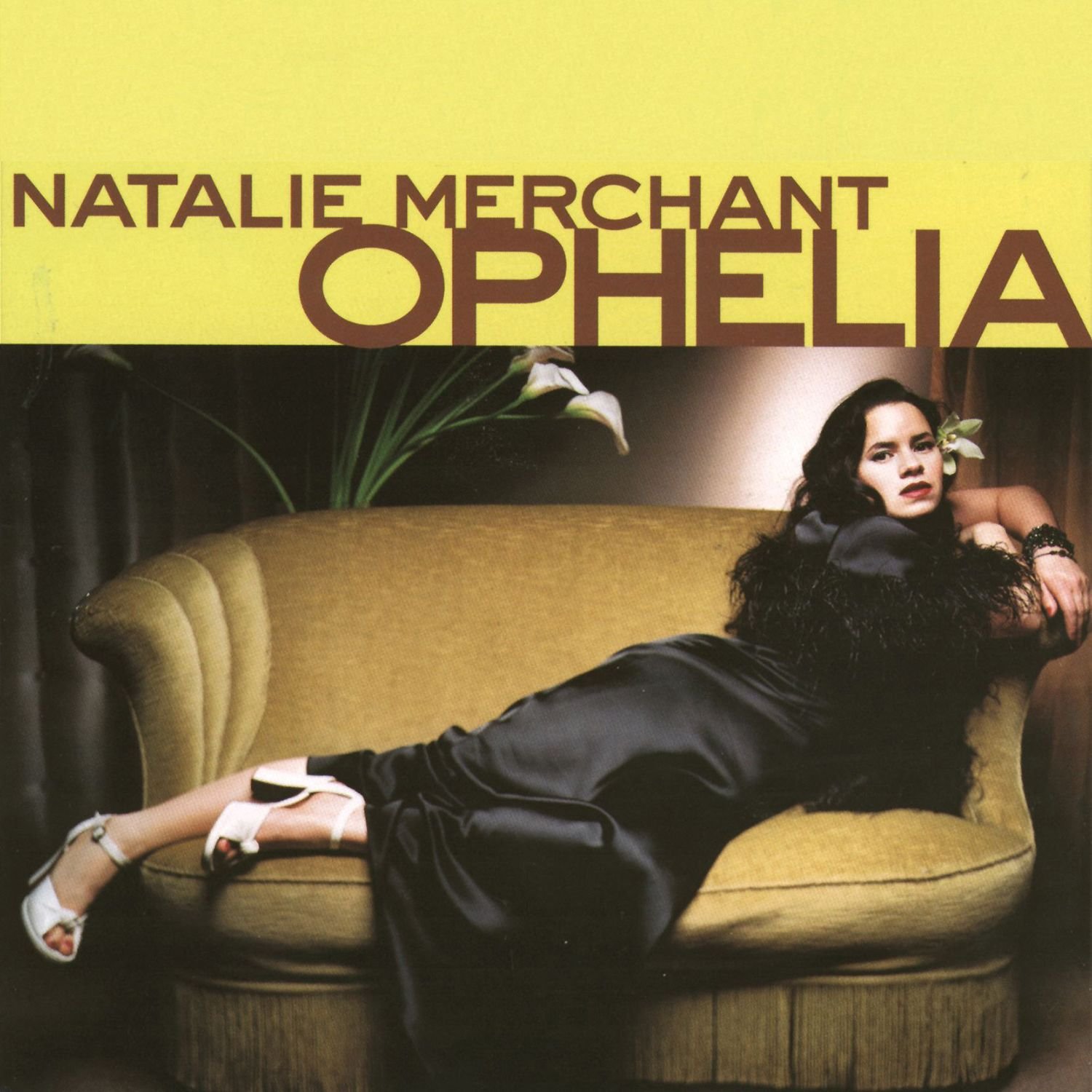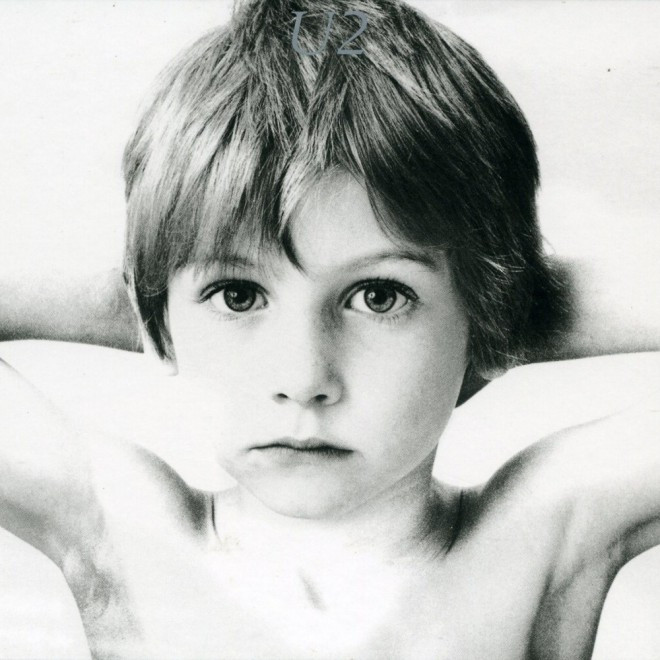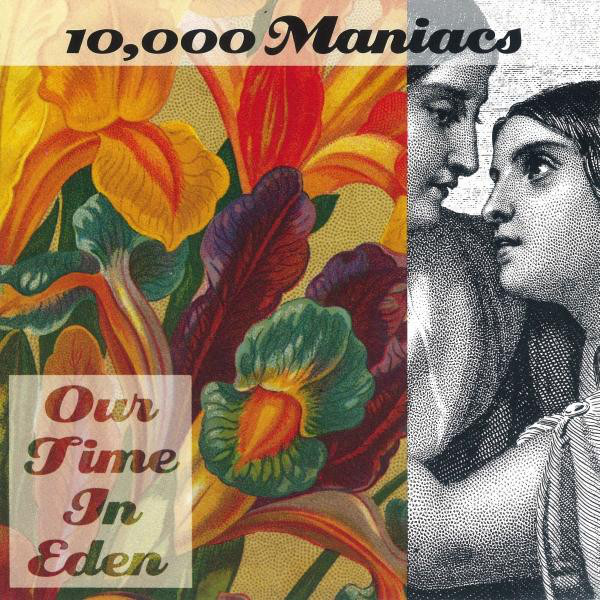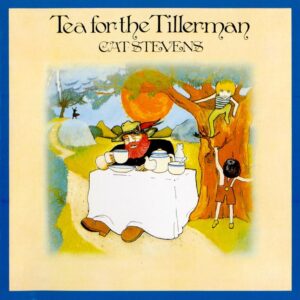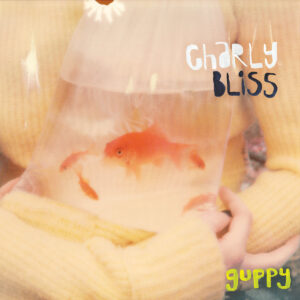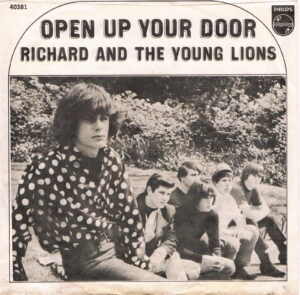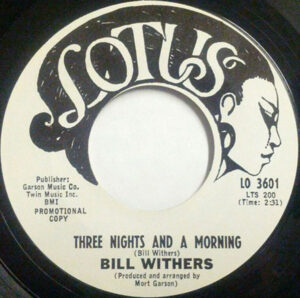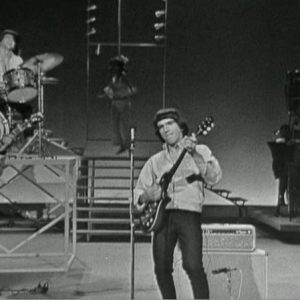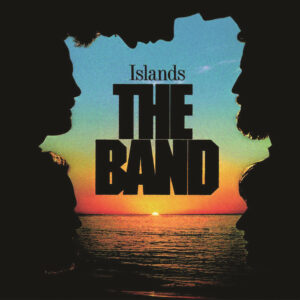
Düsseldorf’s Kraftwerk helped to popularise electronic music in the 1970s. While the use of electronic instruments was pioneered by composer Karlheinz Stockhausen in the early 1950s, Kraftwerk’s minimalist arrangements and catchy tunes helped to take them to the pop charts. Their breakthrough album, 1974’s Autobahn, surprisingly reached the top 5 on the Billboard charts. They also topped the UK charts in 1981 with the double a-side single of ‘Computer Love’ and ‘The Model’.
Introduction
Students Florian Schneider and Ralf Hütter met while studying University-level music in the late 1960s. They joined the quintet Organisation, releasing a single album in 1970. Schneider bought a synthesizer, and the pair became interested in visual artists Gilbert and George, described as “two men wearing suits and ties, claiming to bring art into everyday life.”
Schneider and Hütter formed Kraftwerk in 1970. It took them a while to find their feet. It wasn’t until their fourth album, 1974’s Autobahn, that they established their core sound. Their early records were mostly instrumental. Electronic percussionist Wolfgang Flür enlisted in time for Autobahn. Karl Bartos, another percussionist, joined for the ensuing tour.
These four formed the classic lineup of Kraftwerk, and they released a series of ground-breaking albums. Wolfgang Flür left the band after 1986’s Electric Café. I’m only planning to review their 1974-1981 albums at this stage but may come back and fill in some gaps later.
Kraftwerk were highly influential, pioneering synth-pop. There’s a clear debt to Kraftwerk from the next generation of synth bands like Yellow Magic Orchestra and Joy Division/New Order. You could easily argue that they’ve influenced modern popular music more than The Beatles.
Kraftwerk Album Reviews
Early albums
Kraftwerk (1970), Kraftwerk 2 (1972), Ralf und Florian (1973)
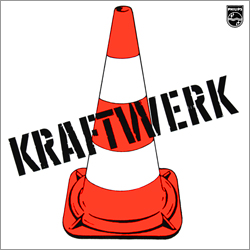


I haven’t heard Kraftwerk’s early work – it’s reportedly largely instrumental. On Kraftwerk 2 there’s little use of the synths that would become the group’s trademark, but they experiment with tape loops and use instruments like electric guitar and violin. 1973’s Ralf Und Florian uses synths and is reportedly more ambient.
Autobahn
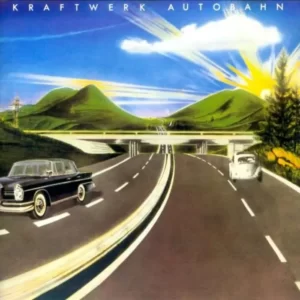
1974, 7.5/10
There are three previous releases under the Kraftwerk name, but Autobahn feels like the first proper Kraftwerk album. Electronic percussionist Wolfgang Flür had joined the band, meaning that the classic lineup was almost in place. The band’s also joined on the record by electronic violinist Klaus Roeder. It was Kraftwerk’s last record with engineer Conny Plank – he helped mix the album, helping create their signature sound.
Most of the album’s appeal comes from the lengthy title track that takes up the first half of the record. It justifies its length with memorable elements – there’s a great synth hook. The main vocal hook sounds like “fun fun fun”, a la The Beach Boys, but it’s actually “fahren fahren fahren”, German for drive. It establishes Kraftwerk’s sound – minimal, catchy arrangements, with vocals and lyrics that walk the line between goofy and profound.
In comparison, the second half is underwhelming – the four instrumentals are experimental and ambient, and not especially memorable.
Autobahn established Kraftwerk as a successful electronic-pop act, but it’s essentially a 25-minute classic track with some incidental b-sides.
Radio-Aktivität
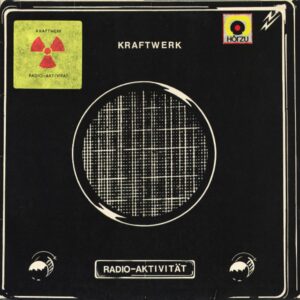
1975, 7.5/10
Radio-Activity is the most overlooked of Kraftwerk’s 1974-1981 peak period. It didn’t spawn a signature song like ‘Autobahn’ or ‘Pocket Calculator’. And it’s not as acclaimed as Trans-Europe Express or The Man Machine.
The title’s a pun – half of the songs are about radioactivity, like ‘Geiger Counter’. The other half is about activity on the radio, like ‘Airwaves’. It’s the first Kraftwerk album to feature the classic lineup of Hütter, Schneider, Flür, and Bartos.
There’s no individual song as memorable as ‘Autobahn’, but Radio-Activity is more consistent than their previous record. Most striking is ‘Radio-Activity’, which sounds like a precursor to Joy Division with the booming drums, doom-laden synths, and sonorous vocal. It’s the band’s least pop-oriented album of the era, but their integration of electronic bleeps into tracks like ‘Radio Stars’ is impressive.
Radio-Activity seems to have found the right place in posterity. It’s the least vibrant record of Kraftwerk’s peak era but still worthy.
Trans-Europe Express
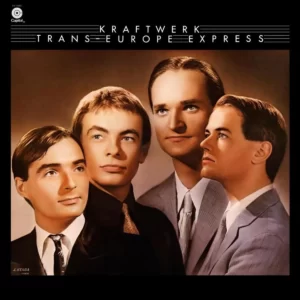
1977, 8/10
Kraftwerk’s 1977 album is their best-known. It’s widely influential, sampled by Afrika Bambaataa and played by Joy Division before every show. It’s quintessentially Kraftwerk, both European and robotic. Wolfgang Flür explained that the band were influenced by the music of Weimar Germany – the new wave of German art between the two world wars.
While Trans-Europe Express is Kraftwerk’s best-known album, it’s not their most consistent. Each side of the record opens with a hard-charging classic – ‘Europe Endless’ on the first side and ‘Trans-Europe Express/Metal on Metal’ on the second. Both tracks couple heavy dance beats with catchy synthesisers – the way the title track mimics the rhythm of a train is particularly memorable. But the restrained tracks are less convincing. ‘The Hall of Mirrors’ and ‘Showroom Dummies’ both drag, with Hütter’s deadpan vocals too exposed.
Trans-Europe Express has amazing high points, but it’s a smidge overrated by posterity.
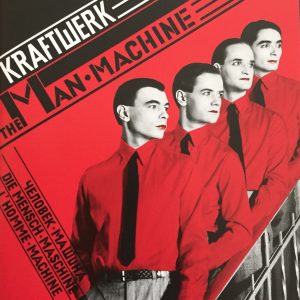
The Man-Machine
1978, 8.5/10
Electronic music technology advanced a long way in the 1970s. Where Kraftwerk’s early records sound a little dated in places, The Man-Machine sounds much more modern, with more detailed arrangements. By this point, Kraftwerk were successful enough to commission their own equipment. Their studio, Kling Klang, had been painstakingly built up, with the band hiring a full-time engineer. The time and space to perfect their sound was an important part of their success. The rapid pace of development helps The Man Machine to sound more contemporary than previous releases.
Karl Bartos became involved in the writing from this record onward. It’s their most melodic yet, making the slow songs are more enjoyable this time around. Where the slow songs on Trans-Europe Express felt austere, ‘Neon Lights’ is lush and pretty while the title track is meditative. On the flipside, the faster tracks don’t hit as hard as before, but they’re strong anyway. ‘The Robots’, with its refrain of “we are the robots”, encapsulates the quartet’s identity, while the vocals on ‘The Model’ are stronger than before.
The Man-Machine is subtle but often wonderful.
Computer World

1981, 9/10
Computer World was the first Kraftwerk album recorded as a three-piece. Wolfgang Flür found his role diminished with the band’s reliance on sequencers. He participated in the world tour promoting Computer World but didn’t play on the record. Despite Flür’s lack of involvement, the record is Kraftwerk’s strongest yet, even more slick and sophisticated.
It’s amazingly influential – it helped shape early hip-hop, with ‘Numbers’ inspiring Afrika Bambaataa’s 1982 hit ‘Planet Rock’. Acts as diverse as Fergie, Coldplay, and LCD Soundsystem used elements from its tracks on their own songs. It also inspired Neil Young to dive into synths on 1982’s Trans.
The best-known song is ‘Pocket Calculator’, punctuated by beeps and bloops. But most of the time Computer World is pretty. ‘Computer Love’, along with the two parts of the title track, are among the group’s loveliest tracks, more haunting than you’d expect from Kraftwerk.
Computer World is lovely, Kraftwerk’s career peak.
Tour de France (single)
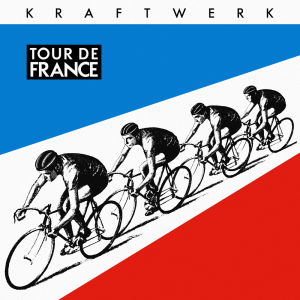
1983
Confusingly, Kraftwerk released their ‘Tour de France’ single in 1983. The full album wasn’t released until 2003. Wikipedia notes that “after the physically demanding Computer World tour, Ralf Hütter had been looking for forms of exercise that fitted in with the image of Kraftwerk; subsequently he encouraged the group to become vegetarians and take up cycling.” Hütter was involved in a serious cycle accident in 1982.
Electric Café
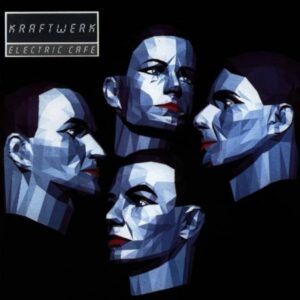
1986, 7/10
‘Tour De France’ was taken from the sessions for Electric Café. The album had a long and confusing gestation. The band started recording it in 1982, but it was delayed by Hütter’s cycle accident. It was originally announced as Techno Pop, while Technicolor was another working title. The band named the album Techno Pop when they rereleased it in 2009. It feels like a step down from their most acclaimed records – other acts had surpassed Kraftwerk on the cutting edge of synth-pop by this time.
Yet it’s still entertaining and respectable. It’s one of their most energetic albums, starting strongly with ‘Boing Boom Tschak’. Lead single ‘Musique Non Stop’ is also fun, topping the Billboard Dance Club Songs chart. The second side highlight is ‘Sex Object’, effectively employing the Hütter’s deadpan persona. Bartos sings his only lead vocal for Kraftwerk on ‘The Telephone Call’.
Electric Café is a step down from the band’s peak, but it’s worthwhile nonetheless.
The Mix
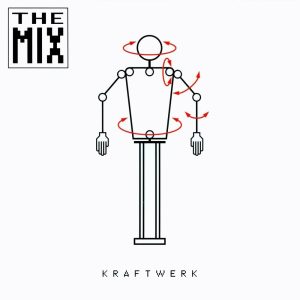
1991, 9/10
Remix albums are commonplace. It’s not so common for artists to remix themselves. But it works for Kraftwerk – modernising their catalogue and putting a lot of their best material in one place. The band’s live performances have largely used the new arrangements featured on The Mix.
The Mix a great one-stop shopping solution for the band. The downside is that you don’t get to hear their development and historical impact as you would by listening to their run of studio albums between 1974 and 1981.
10 Best Kraftwerk Songs
Trans-Europe Express/Metal on Metal
Autobahn
Computer Love
Radioactivity
The Robots
Neon Lights
Europe Endless
Tour de France
Pocket Calculator
Boing Boom Tschak
Related Pages
Review Pages
Read about the discographies of musical acts from the 1960s to the present day. Browse this site's review archives or enjoy these random selections:
Blog Posts
I add new blog posts to this website every week. Browse the archives or enjoy these random selections:

